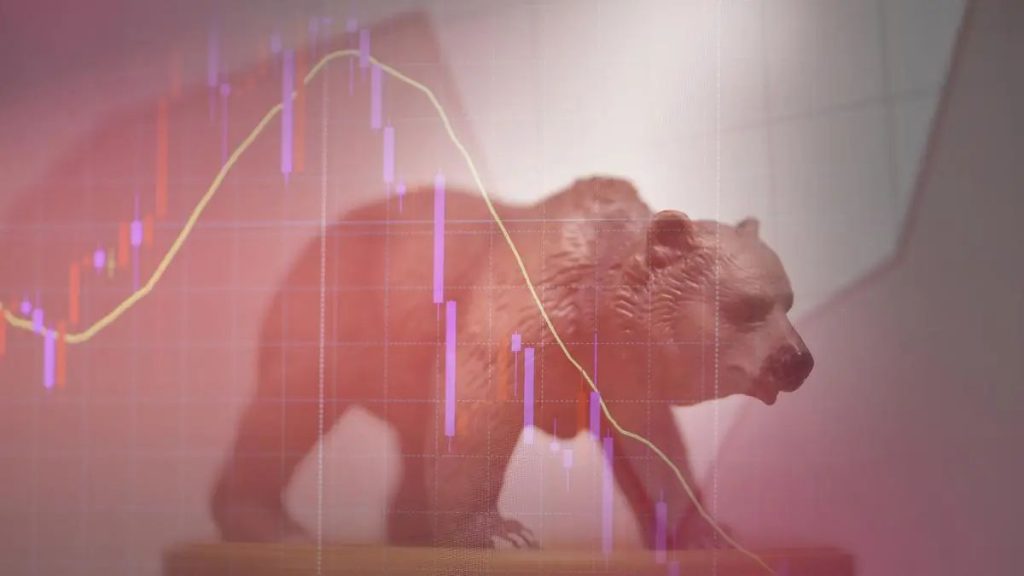As geopolitical tensions between Iran and Israel escalate in one of the world’s most critical energy corridors, India finds itself racing to safeguard its oil imports. With nearly 40% of India’s crude oil imports passing through the Strait of Hormuz, any disruption could trigger serious economic ripples for the world’s third-largest oil consumer.
The Indian government, along with leading public and private refiners, is already exploring alternative supply routes and forging fresh import deals to mitigate risks. The unfolding situation poses a significant test of India’s energy resilience strategy amid growing volatility in the global crude oil market.
Strait of Hormuz: The Global Oil Lifeline at Risk
The Strait of Hormuz, a narrow but vital maritime passage between the Persian Gulf and the Gulf of Oman, is the artery through which nearly 20% of global oil consumption flows daily. Any hint of a blockade or military escalation in the region sends tremors through oil markets worldwide.
Iran has frequently threatened to close this waterway in response to international pressure, but rising hostilities with Israel have made those warnings appear more credible than ever before. Military strikes, drone attacks, and missile exchanges between both nations are fueling fears of a wider regional conflict that could directly impact global energy security.
As per a detailed report by Reuters, oil prices have historically surged between 5% to 15% when tensions flare in the Hormuz region. Analysts predict crude oil could soar past $100 a barrel if conflict results in even a partial disruption of tanker traffic through the strait.
India’s Dependence on Gulf Oil Supplies
India sources about 60% of its crude oil from Middle Eastern countries, with a significant portion routed through the Strait of Hormuz. Key suppliers include Iraq, Saudi Arabia, the UAE, and until 2019, Iran. Despite sanctions halting direct imports from Iran, the nation remains an important geopolitical ally for India, especially due to the Chabahar port development project.
According to a report by The Hindu BusinessLine, India’s exposure to any Gulf conflict remains high. The country’s current strategic petroleum reserves can cover about 10–12 days of crude requirements, while ongoing initiatives are attempting to raise this buffer to 22 days by 2026.
Given the stakes, Indian refiners and policymakers have sprung into action, charting alternative strategies.
India’s Swift Response: Diversifying Oil Suppliers
In response to the crisis, top Indian refiners like Indian Oil Corporation (IOC), Bharat Petroleum (BPCL), and Hindustan Petroleum (HPCL) are exploring procurement from West African nations such as Nigeria, Angola, and Ghana, as well as increasing term contracts with Russia and the United States.
A senior official from IOC noted in an interview with Economic Times that while actual disruption of supplies remains a worst-case scenario, India is actively ensuring that “adequate alternative arrangements” are in place. The official emphasized that any price shocks could impact India’s import bill and trigger inflation, particularly in sectors dependent on fuel logistics.
Additionally, India is expected to leverage its participation in international strategic alliances like the International Energy Forum (IEF) to stay updated and coordinate emergency measures with other energy-importing countries. Recent reports from S&P Global highlighted India’s growing appetite for long-haul cargoes from Latin America and West Africa, aimed at reducing dependence on Gulf supplies.
Market Impact: Oil Prices and Indian Economy at Risk
Oil markets reacted sharply to the flare-up in tensions, with Brent crude prices rising 7% last week and briefly crossing $86 per barrel before settling. Analysts warn that if Iran restricts shipments through Hormuz, global crude prices could spike to over $120 per barrel.
Such a scenario would severely affect India’s fiscal calculations. A $10 per barrel increase in crude oil prices typically adds around $15 billion to India’s annual import bill, strains the rupee, and inflates domestic retail fuel prices, which in turn ripple across food and consumer goods prices.
An Economic Times analysis suggests that inflationary pressure could breach the 6% upper limit of RBI’s tolerance band if the crisis worsens. Higher fuel costs could also undermine India’s current economic growth momentum, forecasted at 6.8% for FY25.
Government’s Assurance: India’s Energy Resilience Strategy
In a reassuring move, Petroleum Minister Hardeep Singh Puri stated that India maintains ample crude oil reserves and can manage supply fluctuations in the short term. Speaking at a recent event, he emphasized India’s long-term energy strategy, which balances availability, affordability, and sustainability.
The minister highlighted India’s increased focus on renewable energy, domestic exploration, and refining capacity expansion as pillars of its resilience plan. The Times of India quoted him saying, “We are prepared to handle global volatility. Our strategies have been stress-tested during past geopolitical crises, including the Russia-Ukraine war.”
India is also in talks to revive dormant Iranian oil contracts in the event of international sanctions being eased, especially if new diplomatic openings emerge amid the crisis.
Conclusion
As Iran-Israel hostilities threaten to destabilize oil supplies through the Strait of Hormuz, India is moving swiftly to protect its energy security. The crisis highlights the vulnerabilities of over-dependence on a geopolitically volatile region and reinforces the urgency for diversified energy partnerships.
India’s proactive procurement from West Africa, Russia, and the US, coupled with strategic reserves and policy agility, positions it to withstand short-term shocks. However, the situation remains fluid, with potential risks of price escalation and inflation lingering on the horizon.
India’s response to this unfolding crisis will serve as a crucial test of its energy resilience strategy and its ability to balance economic growth with global geopolitical challenges.
Read Also: PM Modi Expresses Deep Concern to Netanyahu Amid Israel-Iran Tensions
